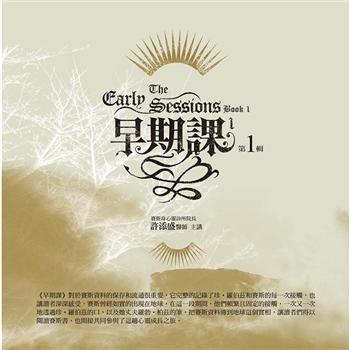Propaganda is subjective information primarily used to influence an audience and further a political agenda. In China, it has a long history but has been most effective in modern society. What exactly is propaganda? Why does it exist and why does the public tolerate it? The book answers these questions by tracing back to the emergence and development of integrated propaganda and scientific propaganda. On this basis it focuses on the emergence of propaganda concept in China, the establishment of Kuomintang and the Communist Party of China’s propaganda concept, intellectuals and propaganda, the debate on the propaganda concept in China after 1949 as well as the emergence of Propaganda 3.0 that coordinates integrated propaganda and scientific propaganda.
Setting propaganda in the framework of modernity, the book explains how various groups have legitimatized propaganda since the 20th century. From a reasonable and neutral standpoint, the author describes the confrontation among various propaganda concepts and discourses, displaying a panorama of the mutual conflicts between nations and individuals, control and freedom, ideas and bodies. Not only will scholars and students studying journalism and communication find this book interesting, but professionals working in journalism, advertising, public relations and publicity will also find it engaging and enlightening.
| FindBook |
有 1 項符合
Propaganda: Ideas, Discourses and Its Legitimization的圖書 |
 |
Propaganda: Ideas, Discourses and Its Legitimization 作者:Liu 出版社:Routledge 出版日期:2021-06-30 語言:英文 規格:平裝 / 354頁 / 普通級/ 初版 |
| 圖書館借閱 |
| 國家圖書館 | 全國圖書書目資訊網 | 國立公共資訊圖書館 | 電子書服務平台 | MetaCat 跨館整合查詢 |
| 臺北市立圖書館 | 新北市立圖書館 | 基隆市公共圖書館 | 桃園市立圖書館 | 新竹縣公共圖書館 |
| 苗栗縣立圖書館 | 臺中市立圖書館 | 彰化縣公共圖書館 | 南投縣文化局 | 雲林縣公共圖書館 |
| 嘉義縣圖書館 | 臺南市立圖書館 | 高雄市立圖書館 | 屏東縣公共圖書館 | 宜蘭縣公共圖書館 |
| 花蓮縣文化局 | 臺東縣文化處 |
|
|
圖書介紹 - 資料來源:博客來 評分:
圖書名稱:Propaganda: Ideas, Discourses and Its Legitimization
內容簡介
|










